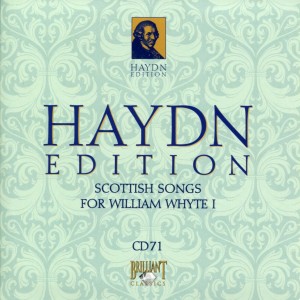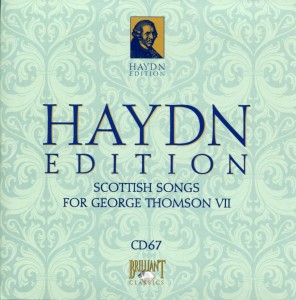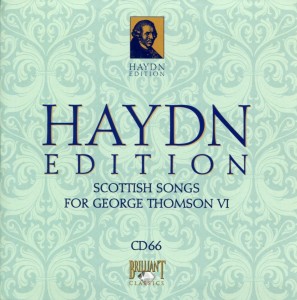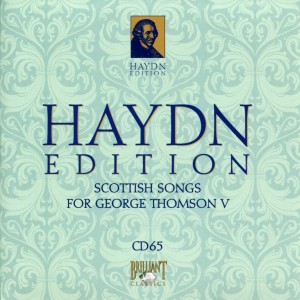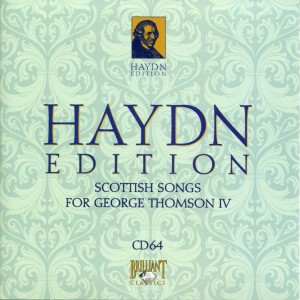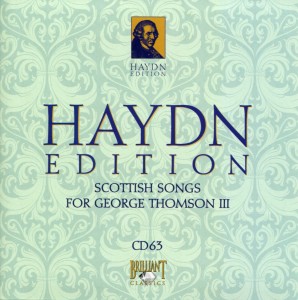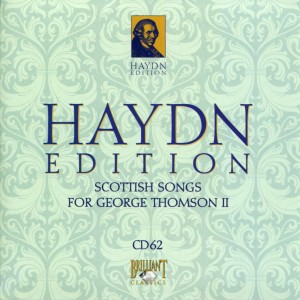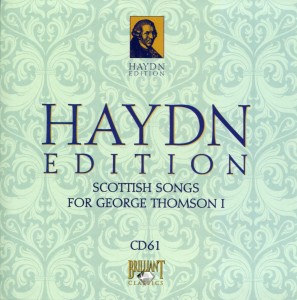 Today’s CD looked like an incredibly interesting diversion from the previous compositions. And it is. Just not the way I was hoping.
Today’s CD looked like an incredibly interesting diversion from the previous compositions. And it is. Just not the way I was hoping.
I love songs from the U.K. Give me Ireland, Scotland (even England) any day. There’s something about the sound and feel of music from that spot on the globe that does it for me.
But, today’s music isn’t exactly giving me goosebumps.
For one thing, the tempo is too slow for a Scottish song – at least, my favorite Scottish songs. (Come to think of it, I don’t believe I could name any Scottish songs. I’m thinking of Irish songs full of tin whistles and “Laddies” and “Lasses” and Danny Boys.)
The song titles on this CD certainly have the right feel to them. Track 4, for example, is called “The wee, wee man.”
I’m glad I’m not a wee, wee man. (But I’ve had a lot of coffee this morning. So I may be soon.)
Here’s what I find off-putting about this music: The vocalists .
They are listed as Lorna Anderson, soprano, and Jamie MacDougall, tenor. (MacDougall sounds like the right guy for the job.) However, Ms. Anderson sounds more like a contralto to me. Her soprano range is definitely lower register. And Mr. MacDougall’s tenor range sounds more like baritone to me. So the two of them together are not endearing me to what I thought would be a toe-tapping round of Gaelic drinking songs.
Here. Listen for yourself. This is the exact same performance to which I’m listening this morning.
To be sure, laddie, “Rattling roaring Willy” (Track 6) is making me yearn for a pint or two. But, overall, this music sounds less festive and more pensive than is my preferred style. Continue reading →
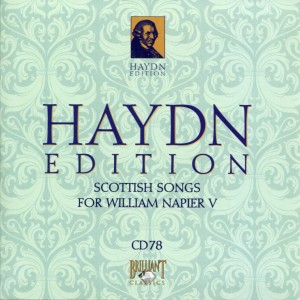 Today’s CD of Scottish Songs for William Napier (V of, hopefully, V) got off to a rousing start with tenor Jamie MacDougall belting out a bold and lively version of “My goddess woman” (Track 1). It’s a brash ode to a lass the protagonist deems, well, a goddess.
Today’s CD of Scottish Songs for William Napier (V of, hopefully, V) got off to a rousing start with tenor Jamie MacDougall belting out a bold and lively version of “My goddess woman” (Track 1). It’s a brash ode to a lass the protagonist deems, well, a goddess.
